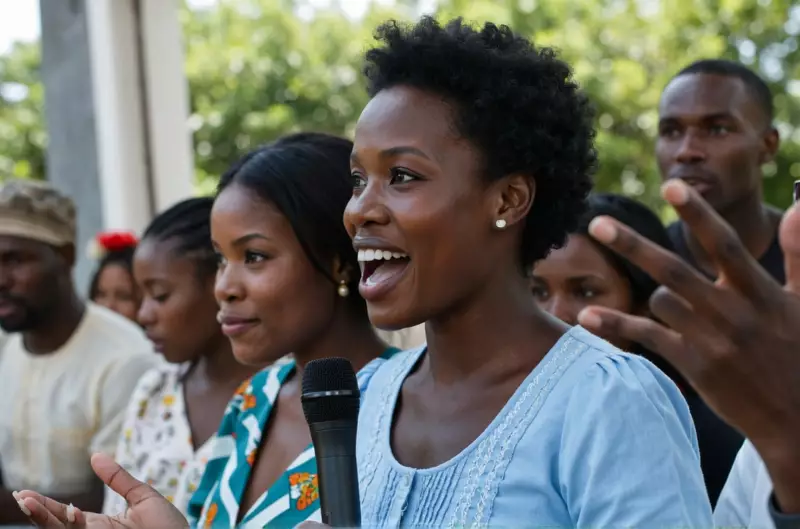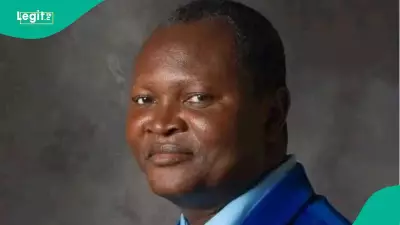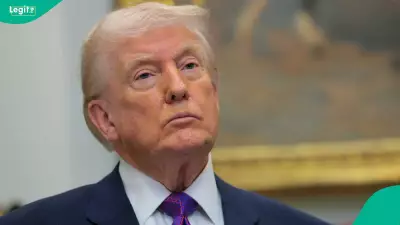
Nigeria stands as one of the world's most linguistically diverse nations, where language tells the story of rich cultural heritage and national unity. While English serves as the official language, the true linguistic landscape reveals a fascinating tapestry of indigenous tongues that define the Nigerian experience.
The Official Tongue and the People's Language
English maintains its position as Nigeria's official language, inherited from colonial history but now firmly embedded in government, education, and formal business. However, Nigerian Pidgin English has emerged as the true linguistic unifier, bridging ethnic divides with its colorful expressions and widespread usage across social classes and regions.
The Big Three: Nigeria's Major Indigenous Languages
Hausa: The Northern Powerhouse
With approximately 80 million speakers concentrated in Northern Nigeria, Hausa dominates as one of Africa's most spoken languages. Its influence extends beyond Nigeria's borders, serving as a vital trade language across West Africa.
Yoruba: The Western Cultural Beacon
Spoken by about 55 million people in Southwestern Nigeria, Yoruba carries the weight of rich cultural traditions, literature, and the famous Nollywood film industry. Its tonal nature and proverbial depth make it a linguistic treasure.
Igbo: The Eastern Economic Force
Approximately 45 million speakers in Southeastern Nigeria maintain Igbo as their mother tongue. Known for its entrepreneurial spirit, Igbo speakers have spread across Nigeria, taking their language and business acumen nationwide.
Beyond the Major Players: Nigeria's Linguistic Wealth
The linguistic diversity extends far beyond the three major languages. Nigeria boasts numerous other significant languages including:
- Fulfulde - Language of the Fulani people across West Africa
- Kanuri - Dominant in Northeastern Nigeria
- Edo - Spoken in Benin Kingdom and surrounding areas
- Tiv - Major language in Central Nigeria
- Ibibio - Significant in Akwa Ibom State
- Ijaw - Language of the Niger Delta region
The Endangered Languages Crisis
Despite this incredible diversity, many of Nigeria's smaller languages face extinction threats. Urbanization, the dominance of major languages, and educational policies favoring English have put numerous indigenous languages at risk. Language preservation efforts are becoming increasingly crucial to maintain this cultural heritage.
Language as National Identity
Nigeria's multilingual nature presents both challenges and opportunities. While language differences can create communication barriers, they also represent the country's rich cultural mosaic. The ability to switch between languages – often within the same conversation – showcases the remarkable linguistic adaptability of Nigerians.
The future of Nigerian languages depends on balanced language policies that preserve indigenous tongues while maintaining the practical benefits of English and Pidgin as unifying forces in this dynamic nation.






